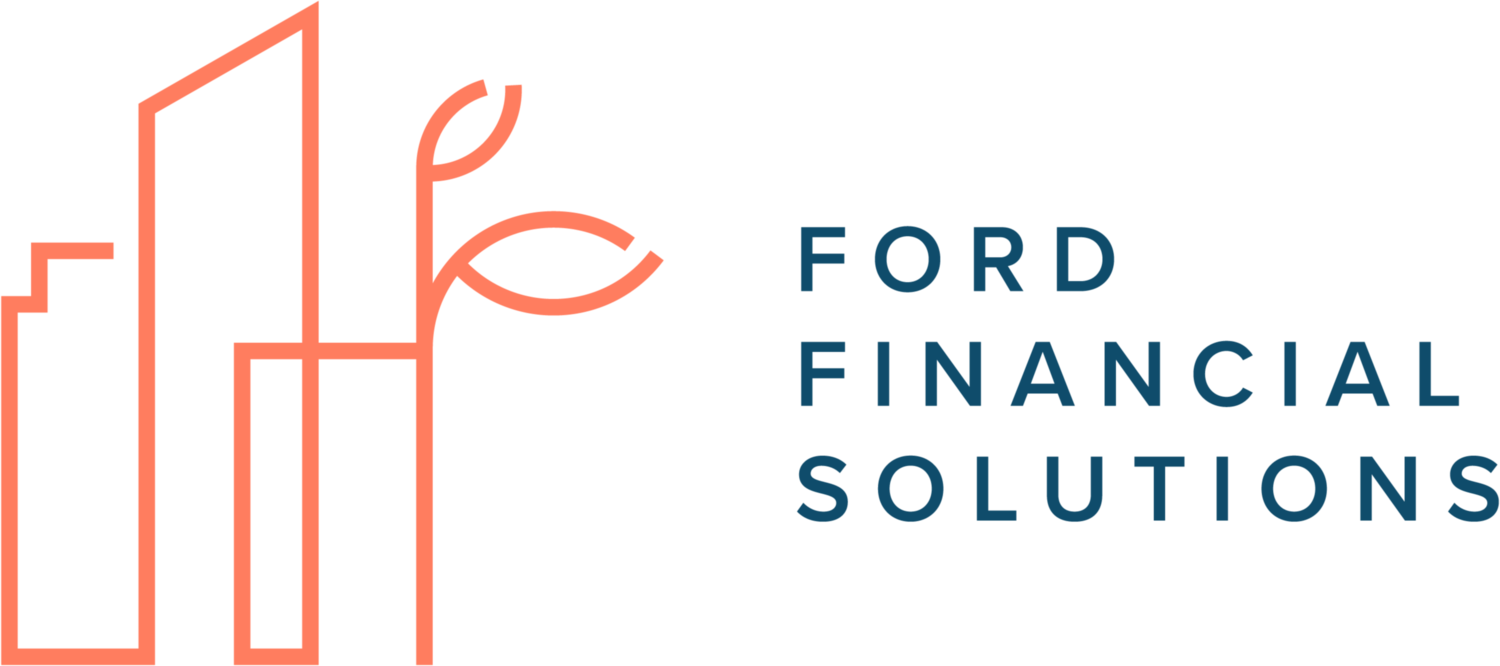This article originally appeared in our monthly newsletter, Fiscal Therapy.
Please subscribe if you'd like to receive similar articles on a monthly basis.
WHAT I’M LISTENING TO: 30 Days, 3 Seconds: A Money Experiment for Awareness
Behavior Gap Radio
This is a great introduction to the topic of conscious spending, which I’ll argue is the first step you need to take when you want to start living below your means. When I ask a client to start budgeting or review their spending, often the main point I’m getting at is awareness. When you understand where your money is going it is much easier to take the next step and talk about changes you want to make. This brief episode by Carl Richards offers a simple exercise to build awareness of your spending.
“What I’ve discovered over the years is that most of our problems do not come down to income. Instead, we don’t notice enough. Spending mindlessly, without even thinking about it, has become a national bad habit. And we all know how hard it is to break habits. So we make the same mistakes over and over again.”
WHAT I’M THINKING ABOUT: “Why Shopping Is So Addicting”
By Rosemary Counter, Real Simple Magazine
This quick read is full of great insights and tips about how to be a more mindful shopper.
Here are some highlights:
- Don’t shop when you’re tired or tipsy (I’ll add hungry to the list) – sleep on it and revisit when you’re in your right mind.
- Most everything we buy is a want, not a need. Learn to see the line between the two.
- Figure out what’s really driving your purchasing crave. Remember this?
“What’s Really Behind Your Shopping Habit? If you answer this question by saying you just love cute stuff, you’re not digging deep enough. You need to figure out what you’re really shopping for. Think about what your purchase represents—whether it’s status, professionalism, or attention from your partner….”
WHAT I’M READING: The Circles of American Financial Hell
By Rebecca J. Rosen, The Atlantic
This article continues the conversation [first name] Gabler began about the financial plight of the middle class. If you enjoyed the two articles I shared last month, you’ll really enjoy this one as well.
The author asks, “Why can’t people live below their means, save up some money, and kick up their feet?” Her answer is: our children. The article highlights the pressure to spend at the top end of your means – primarily on housing and education – in hopes of securing a bright future for our children.
I agree with the article that there are major flaws in our system. In the meantime, let’s focus on what we as individuals can control: our choices around spending.
Some of you may have fallen into a rhythm of overextending yourself financially. Often times it’s a slow creep and you don’t realize it until chaos and stress ensue. I know these choices are not easily reversed, but spend some time thinking about your answers to these questions and whether or not it’s time to make a change.
- What is it about money that you value?
- What emotion best describes how you feel about your finances: worry, joy, freedom, or something else?
- What desire is driving your spending: power, approval, comfort, control, or something else?
- How is money creating conflict in your relationships and family?
- If you have kids, how are they impacted by your decisions around money?
- What can you do differently with your money to better align your spending with your priorities?
“Yes, it’s not real poverty, and, yes, Gabler made bad decisions. But Gabler’s straits, and the straits of millions like him, demonstrate gross dysfunction at the core of the American system. If millions of people with healthy incomes are in Gabler’s situation, something is very wrong.
At its core, this relentless drive to spend any money available comes not from a desire to consume more lattes and own nicer cars, but, largely, from the pressure people feel to provide their kids with access to the best schools they can afford (purchased, in most cases, not via tuition but via real estate in a specific public-school district). Breaking the bank for your kids’ education is, to an extent, perfectly reasonable: In a deeply unequal society, the gains to be made by being among the elite are enormous, and the consequences of not being among them are dire. When understood mainly as a consequence of this rush to provide for one’s children, the drive to maximize spending is not some bizarre mystery, nor a sign of massive irresponsibility, but a predictable consequence of severe inequality.”

